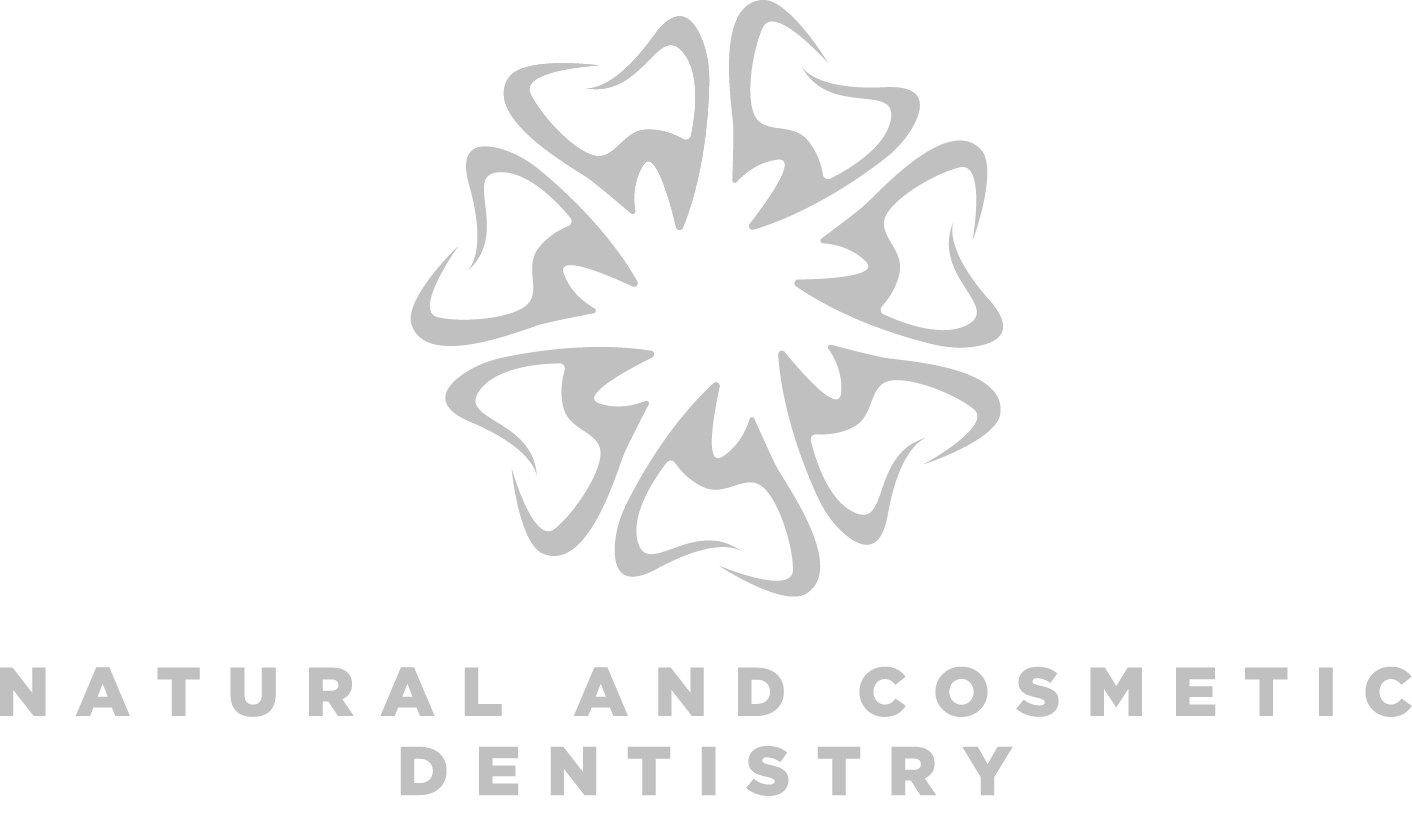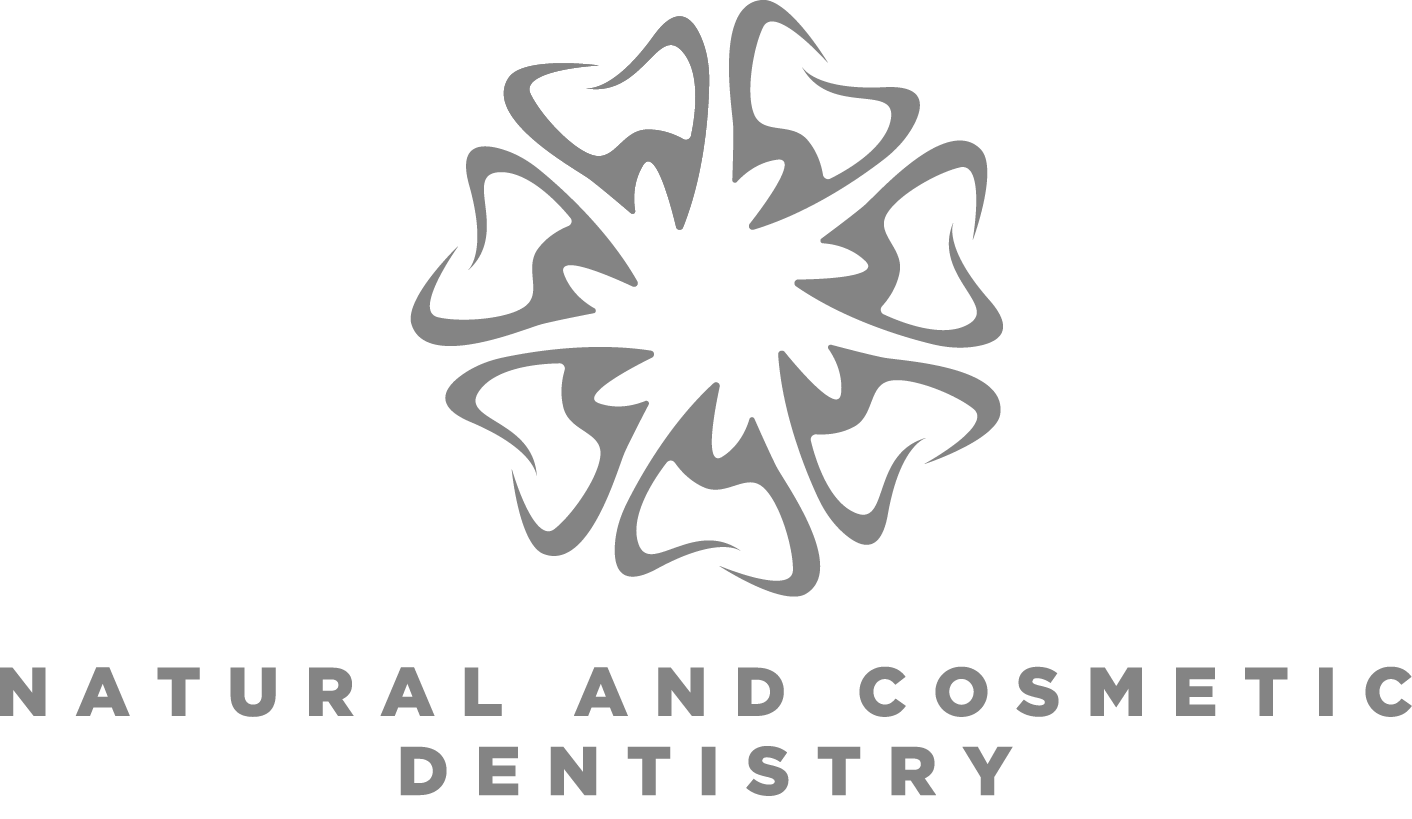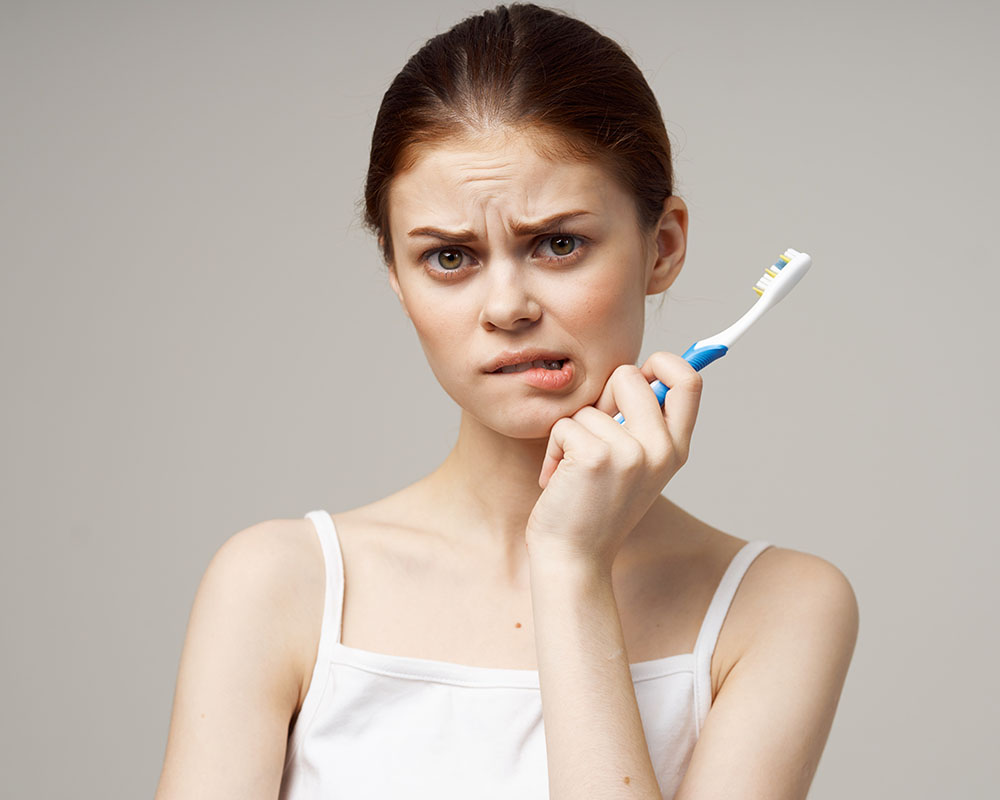When you take a moment to think about the main culprits behind the development of cavities or gum disease, you probably think about your diet first. Since you were a little kid, your parents would tell you to avoid sugary foods and drinks or get cavities. While our food certainly does play a role in the health of our teeth, there are other components to it as well. One of the main attackers of your oral health is a sticky film called plaque. Dr. Beata. A. Carlson & Associates at Natural & Cosmetic Dentistry in Clearwater, Florida, helps patients understand what plaque is and how to prevent it from developing.
What is plaque, and Why is it Harmful?
Simply put, plaque is a very sticky film that consists of millions of bacterial organisms that form a thin layer on your teeth. Bacteria are always present in your mouth; plaque is constantly forming on the surface of your teeth and along the gum lines. Every time you eat or drink, these bacteria multiply and spread. That is especially true when you eat or drink specific food and drinks containing sugar ingredients. If you enjoy junk food or sugary drink, make sure you follow up with a quick tooth brushing or, at the very least, rinse your mouth with water.
Because plaque is constantly forming in your mouth, you may think it is a natural thing. In the purest sense, it is natural, but it is also incredibly harmful. Plaque formation is not healthy in the least and should always be constantly removed through an excellent at-home oral hygiene regimen, including brushing, flossing, and rinsing. If plaque can develop and grow without being removed, you will find that your oral health begins to decline. Plaque can wreak absolute havoc in your mouth, least of all in the form of cavities. When allowed to grow unchecked, plaque-forming bacteria produce acids that attack your tooth’s enamel (the protective layer of your teeth). Cavities are just one problem when plaque can develop and remain. Oral health issues including gingivitis, periodontitis, and more can develop. Also, over time, plaque (which can be removed relatively easily) will form into a much harder-to-remove substance called tartar, which will break down the enamel of your teeth even quicker than plaque.
How You Can Prevent Plaque
The easiest thing you can do in your battle against plaque is establish a standard dental hygiene routine that you can follow at home. That includes brushing, flossing, and rinsing. It is recommended that you brush your teeth after each meal; failing to do this can allow plaque to build up. When plaque can build, it can form into a hardened form called tartar. It is much more difficult to remove and can only be done by a dental hygienist at a dental cleaning.
Contact Us : 727-888-6523 BOOK AN APPOINTMENT
Flossing is also just as important as brushing. It has been found that even the best of us at brushing removes only 65% of the bacteria and plaque. You leave roughly one-third of your tooth unprotected if you are not flossing. That makes flossing vital to your oral health as it can reach surface areas of your teeth and gums where your toothbrush is missing.
In addition to your dental hygiene, making sure you see your dentist regularly is one more step you can take to protect yourself from plaque buildup. Let us work with you in determining a plan that works best for your situation so that your teeth, mouth, and gums can be examined and cleaned regularly to help prevent plaque buildup.
To schedule an appointment with Dr. Beata. A. Carlson & Associates, please call Natural and Cosmetic Dentistry today to Book an Appointment at 727-888-6523.



